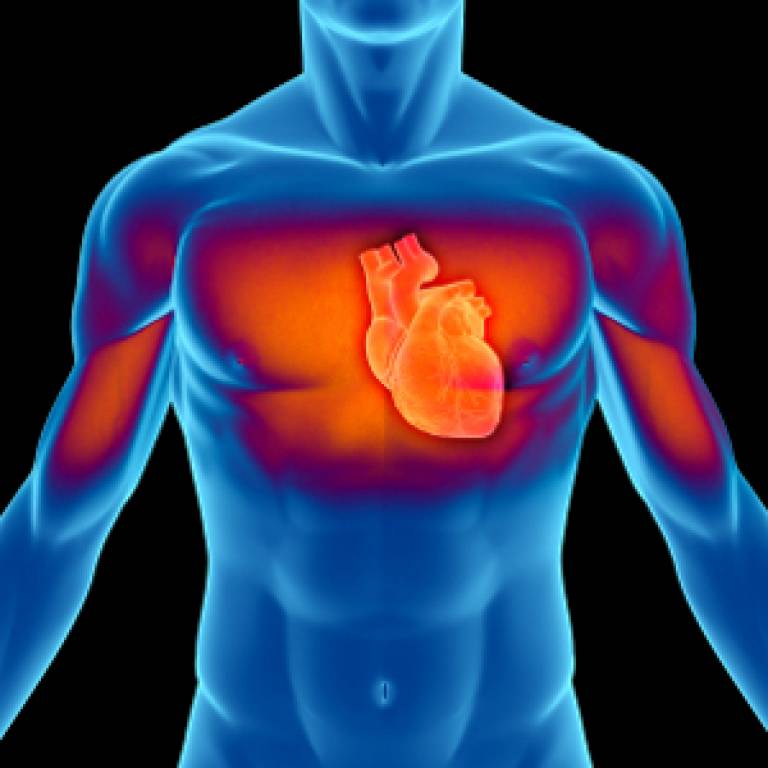UCL co-ordinates project to advance cardiovascular engineering
13 October 2009
Links:
 mecheng.ucl.ac.uk/" target="_self">UCL Mechanical Engineering
mecheng.ucl.ac.uk/" target="_self">UCL Mechanical Engineering
UCL is co-ordinating a project to help young researchers develop careers in cardiovascular engineering.
The project will also ultimately help these researchers apply cutting-edge research techniques to the design and assessment of new medical devices.
MeDDiCA will use computer modelling and simulation at the design phase to predict how new devices will work in a physiological environment.
The European Commission (EC) is funding MeDDiCA - a multi-disciplinary and multi-centre Marie Curie Initial Training Network, created to provide innovative training to PhD students and young postdoctoral researchers.
The project, funded for four years and with an estimated budget of around three million Euros (€3 million), will focus on the development of models, analysis, validation and standards for medical devices, in particular heart valves and stents.
UCL is co-ordinating MeDDiCA's pan-European consortium, which includes engineering software company ANSYS/CFX, the University of Sheffield, the University of Amsterdam, Technical University of Eindhoven, the Centre National de la Recherche Scientific and the Université de Technologie de Compiègne, Technical University of Cluj-Napoca, Politecnico di Milano and Istituto Superiore di Sanità.
MeDDiCA also collaborates with industrial partners in the medical devices industry, including Invatec, Hemolab and Nobil BioRicerche.
Principal investigator Dr Vanessa Diaz (UCL Mechanical Engineering), who is working in collaboration with Dr Silvia Schievano from the UCL Institute of Child Health, said: "We are really excited by the possibilities that MeDDiCA is offering us. Not only we will work hard so that at the end of the project our students and post-docs will have the best possible tools to succeed in their future careers by offering them a great training and research programme; we will also develop a synergistic and innovative approach to the understanding, design and assessment of medical devices under physiological or pathological conditions in our body. Our ultimate measure of success will be to be able to translate our results to the clinic."
MeDDiCA has strong links with another UCL initiative, the 'Virtual Physiological Human Network of Excellence'.
The UCL-led team fought off strong competition for the EC funding, with only seven per cent of 900 applications approved.
The European Community has recently launched a Marie Curie call for Initial Training Networks. For more information please contact Michael Browne (UCL European Research and Development).
Image: the human heart
Related stories:
Framework Programme 7 successes
Virtual human in HIV drug simulation
 Close
Close

